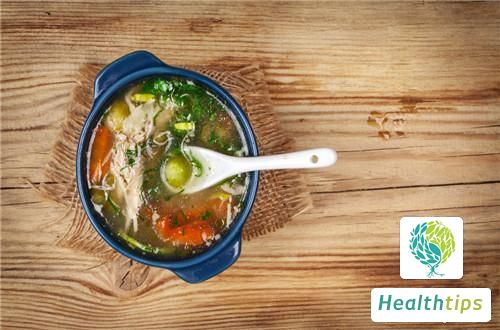Kelp does not contain substances that affect lactation, so eating kelp during lactation will not lead to decreased milk production. Special attention should be paid to food intake during lactation, as some foods can promote breast milk secretion while others may lead to decreased milk production, affecting the baby's nourishment. For example, coffee, white liquor, and other substances, as well as vegetables such as leek and chili, can have a negative impact on lactation. During this special period, one should avoid such foods. Can kelp be eaten during lactation? 1. Women can eat kelp during lactation, as kelp does not cause decreased milk production. Kelp is a common food rich in iodine, which can supplement the body's iodine levels. 2. However, kelp does not have the effect of decreasing milk production and does not affect the quality of breast milk. Therefore, women during lactation can safely eat kelp without worrying about it causing decreased milk production.

What foods can lead to decreased milk production during lactation? 1. Vegetables. Foods like bitter gourd, chili, asparagus, bamboo shoots, leek, and Chinese chives all have a certain effect on reducing milk production. Women should be cautious about selecting these vegetables during lactation. 2. Alcoholic beverages and teas. Strong liquor, chrysanthemum tea, roasted malt, strong coffee, iced drinks, and strong tea can also have a negative impact on lactation. When choosing teas, drinks, and alcoholic beverages during lactation, one should try to avoid those that may lead to decreased milk production.

